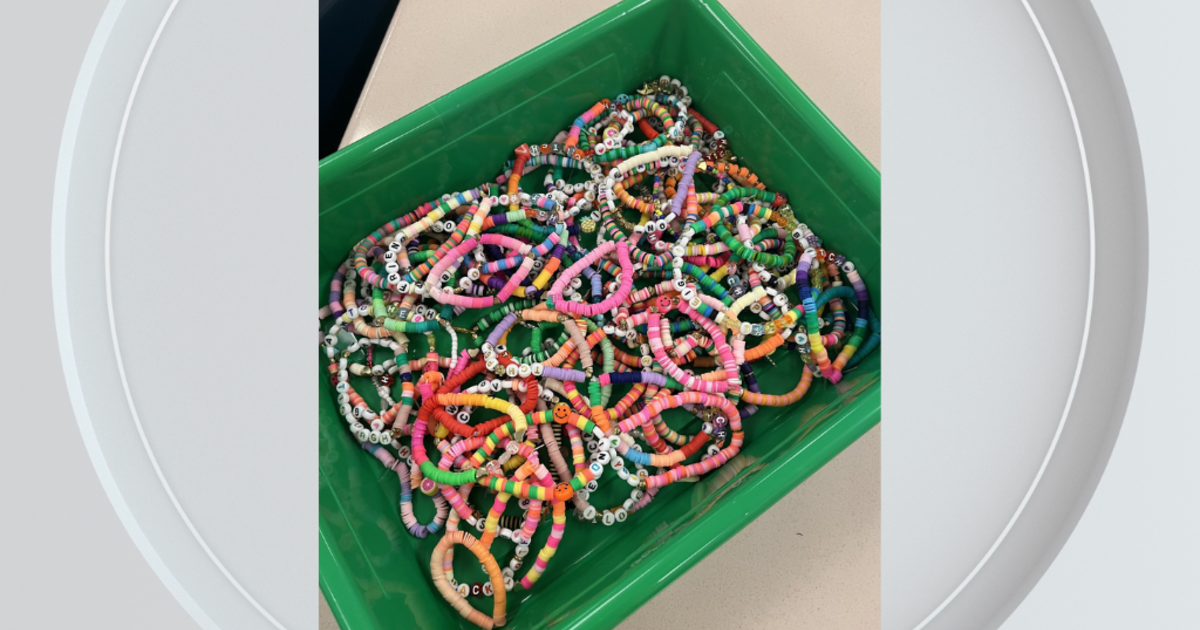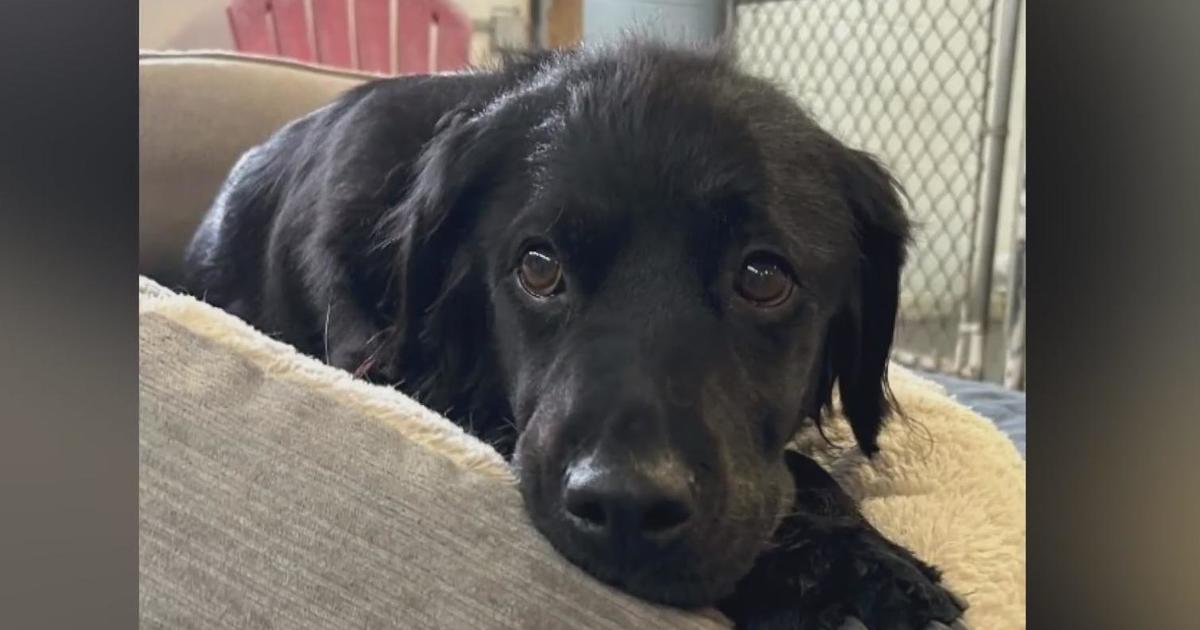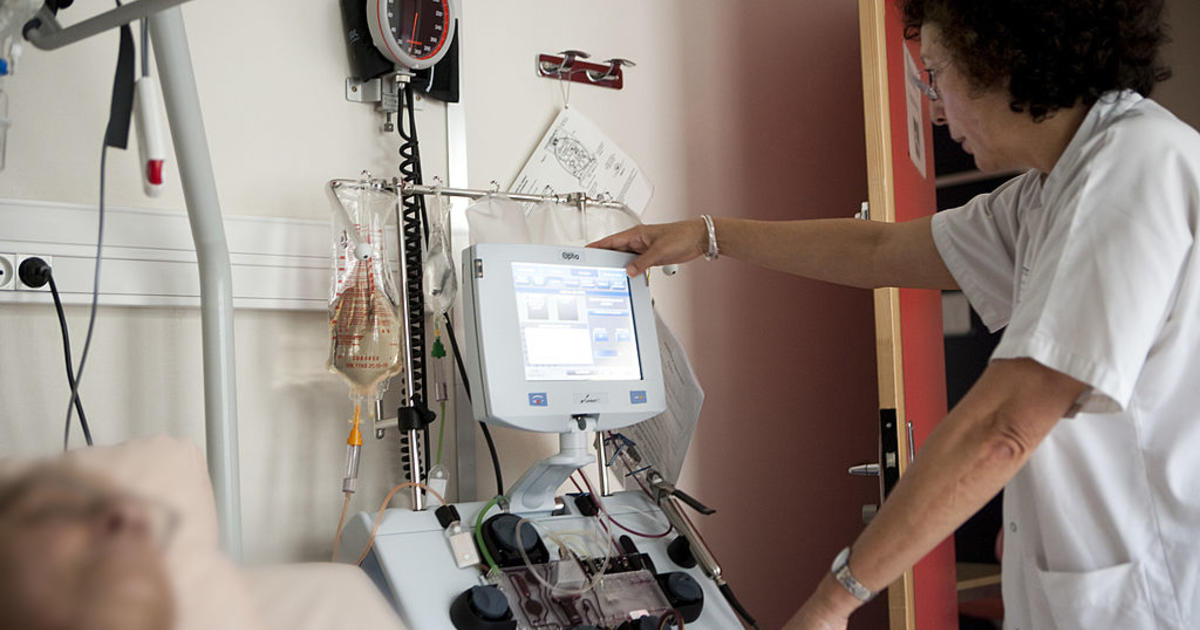Doctor Offers Health Tips For Hunters
PITTSBURGH (KDKA) - Monday is essentially the start of another big holiday season for western Pennsylvania, hunting season. But sadly, each year, we hear multiple reports of hunters suffering heart attacks in the woods.
KDKA's Health Editor Dr. Maria Simbra has more on how hunters can protect themselves.
Hunters go into the woods with deer on their minds, they aren't thinking about their hearts.
"I don't go out of my way to prepare myself," admits hunter, Mike Ratesic, of North Huntingdon. "I pretty much stay active with work and the kids and everything."
But walking through wooded hills and valleys, climbing into a tree stand, lugging gear, and dragging deer can definitely be a strain.
"Maybe lifting weights or playing a game of basketball or something. It's about that strenuous. Maybe shoveling snow like we had last year," Ratesic compares. "One time, my dad got a little excited and he got a little short of breath; didn't turn out to be anything."
However, blowing things off can be dangerous.
"It's that person who doesn't exercise and goes out there and says, 'I can do this. I did it last year, and I had a little chest pain, but [it] couldn't have been a medical problem,'" describes Dr. Jonathan Landis, an emergency medicine doctor at Canonsburg Hospital. "Every once in a while you'll have someone who is a little bit younger, 40- to 50-years-old; but most of the time, it's a little bit older age range."
To build up endurance, before hunting season, you should take 30-minute brisk walks five times a week. Also, get your weight, blood pressure, cholesterol and blood sugar checked.
"If you have a known problem - whether it's heart disease or have those medical problems - you might be more apt to say this might be something, I'd better stop, call for some help or something," Dr. Landis said.
When you're out there, use the buddy system, carry a cell phone and know the warning signs. Chest pain is only one of them.
It could be shortness of breath, could be jaw pain, arm pain or could be fatigue.
"We always worry about the older guys in camp, we check in on them from time to time with the radio or cell phone, whatever we have to do to make sure everybody's okay," says Ratesic. "It is strenuous, and you do have to know when to stop."



